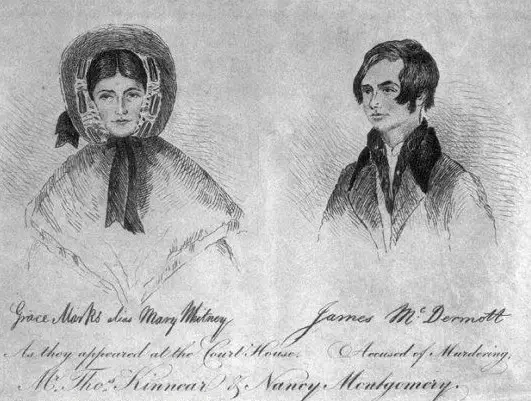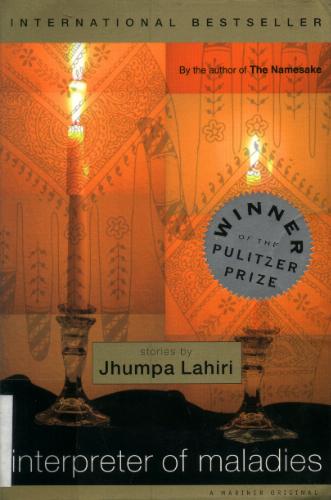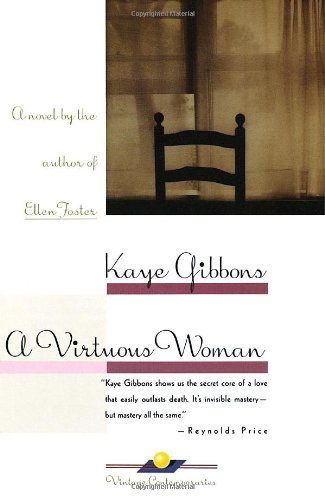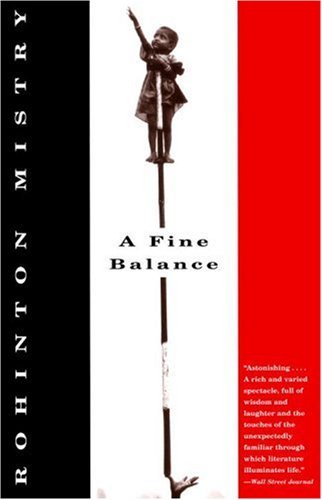Let's take a step back. This book follows Teddy, Ursula's brother, from
Life After Life. In that book, Ursula lives many many versions of her own life, beginning and culminating in an attempt to assassinate Hitler, possibly in hopes of preventing WWII and her brother Teddy's death. At the end, she accomplishes this but is born yet again.

Teddy doesn't have multiple lives, just the one he thought he wouldn't have. As a bomber pilot in the war, he had to assume he'd never make it home.
My personal interpretation of both books goes like this: Ursula was "meant" to die at birth, but rebooted and continued through her iterations to a life where she could try to prevent WWII. However, despite the Hitler assassination attempt, it was still a world where Teddy died. Therefore, when she was reborn again, her mother (who was particularly fond of Teddy) was prepared and prevented the infant Ursula's death, which sent her through all the motions again, to make a world where Teddy survived.
What we see in A God in Ruins is that life, the one no one thought Teddy would have. So, my take is that
Life After Life sets up all the sacrifice of war, while
A God in Ruins follows a great deal of the aftermath, and makes us wonder if it was worth it. After all, Teddy doesn't get a cake walk. His wife dies in a completely terrible manner, his daughter grows up to be a resentful, neglectful, self-righteous sad sack for most of her life, and his relationships with his grandchildren are touch and go sometimes. You wonder, "Ursula worked so hard, and for this?" But of course, the answer is YES. Because what other option was there?
Sooooooo. I wrote the first four paragraphs of this review before I finished the book. As it turns out, there is another option. And in the Afterword, Atkinson herself says that she thinks of the book as another one of Ursula's lives, one that was left unwritten in Life After Life. The ending of the book, in one fell swoop, managed to both completely crush my interpretation of the book while also validating it. Because [MAJOR SPOILER ALERT] we find out on the last page that Teddy really did die in the war, and the book is recounting what might have been. So, I was completely wrong. But it's also telling us that what might have been - peoples' lives, warts and all - are worth Ursula's sacrifice. That war imposes a horrific cost by erasing thousands and millions of possibilities.
On another note, I think another reason that I connected to this book is that I identify strongly with Teddy's personality. A person fascinated with the beauty in nature, even-keeled, not understanding a higher power but, in the face of that, feeling the importance of being kind.
Some people are soured by the ending, but I was not one of them. The last few pages, when the house of cards starts to fall, are completely disorienting, totally fascinating, and some of the best reading I've had in years. I am thrilled that I had no idea about the book's ending, or even the fact that there is a (giant) twist at the end. It's better to get there with no sense of what's coming.
In fact, taking both books together, I think have found one of my new absolute favorites, and paired with other recent readings, have had to install a triumvirate of Margaret Atwood, Hilary Mantel, and Kate Atkinson as my must-read authors these days.
Final call:
+(2).png)
This is one of those books that pulls you along, exhausts your emotions, and at the end, changes your life. I know it won't be the same for everyone, but having that potential alone makes it worth the read.
As you'll see this book sort of shorted me out emotionally, and I've resorted to popular stuff and fluff for my next bunch of books.





+(2).png)






.png)







+(2).png)

+(2).png)

+(2).png)